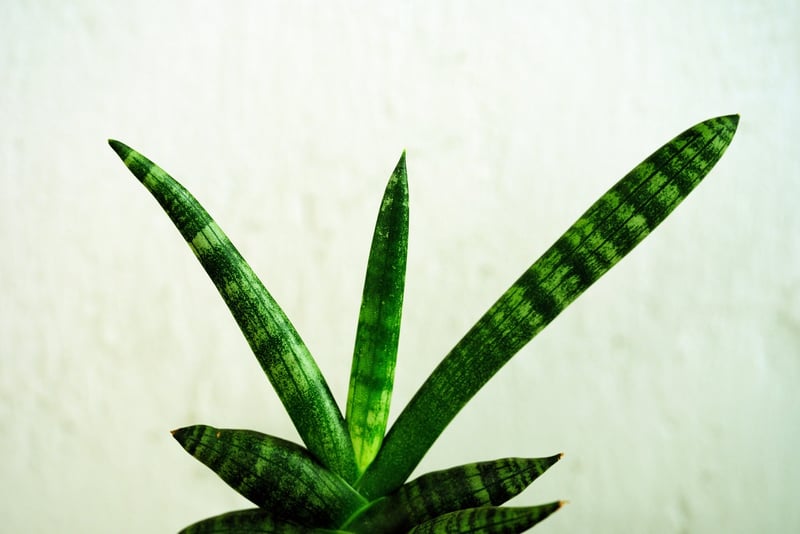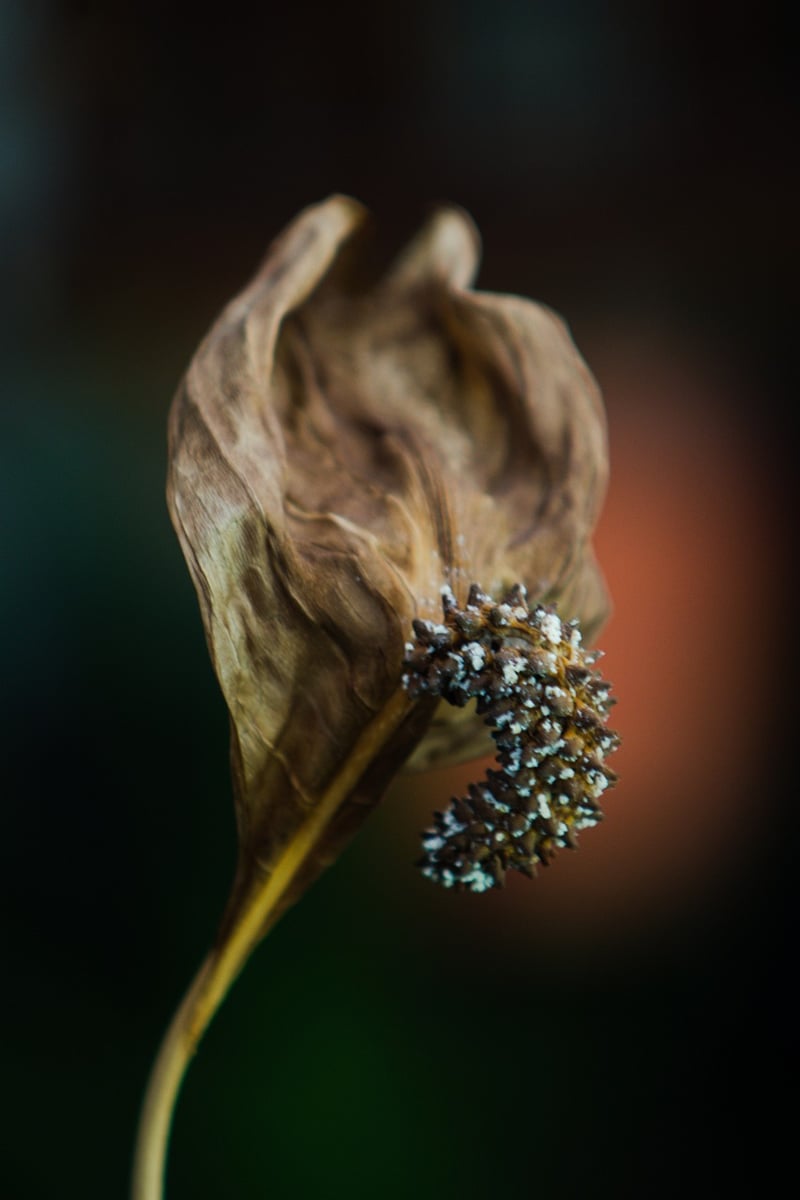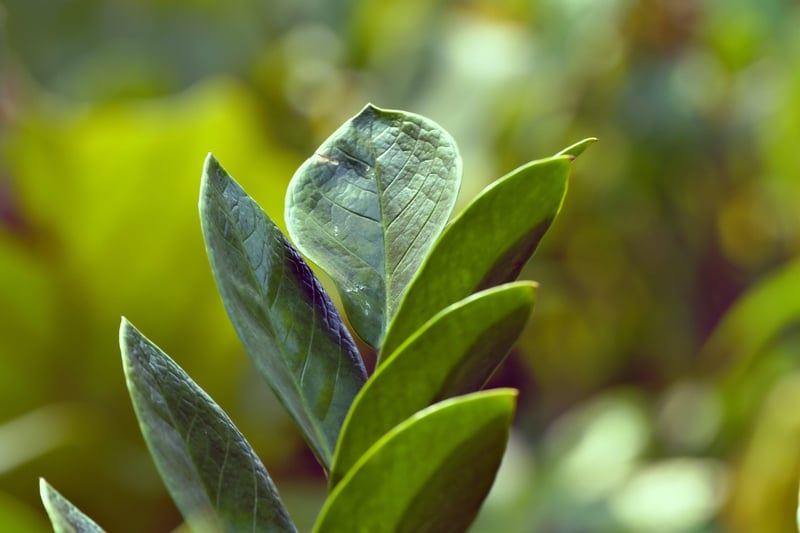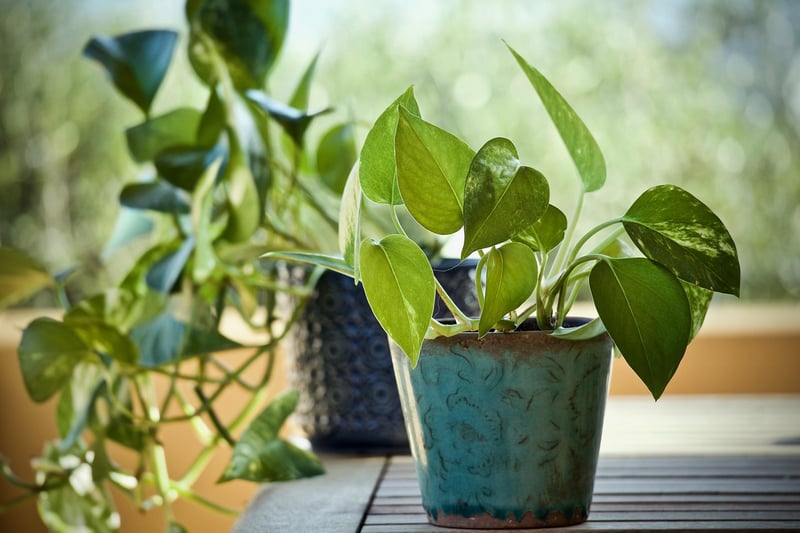Low-Light Options
Choosing the Right Plants for Low-Light Environments
When it comes to indoor plants, finding the right ones for low-light environments can be a challenge. However, with a little knowledge and guidance, you can create a green oasis even in spaces with minimal natural light. Here are some tips and suggestions to help you choose the perfect plants for your low-light setting.
Factors to Consider
Before selecting plants for low-light areas, consider the following factors:
- Light Levels: Evaluate the amount of natural light your space receives. Low-light environments typically have minimal direct sunlight.
- Watering Needs: Choose plants that require less frequent watering to thrive in low-light conditions.
- Space: Consider the available space for your plants and choose varieties that fit well in your setting.
- Aesthetic Appeal: Select plants that not only survive in low light but also enhance the visual appeal of your space.
Low-Light Plant Options
Here are some popular plant options that are well-suited for low-light environments:
1. Snake Plant (Sansevieria)

The snake plant is a hardy and low-maintenance plant that thrives in low-light settings. It has striking upright leaves that add a touch of elegance to any space.
2. Peace Lily (Spathiphyllum)

The peace lily is a beautiful flowering plant that can bloom even in low-light conditions. It also helps improve indoor air quality.
3. ZZ Plant (Zamioculcas Zamiifolia)

The ZZ plant is a resilient and drought-tolerant plant that thrives in low light. Its glossy, dark green leaves add a modern touch to any space.
4. Pothos (Epipremnum Aureum)

Pothos is a versatile trailing plant that can grow in low-light conditions. It is known for its heart-shaped leaves and air-purifying qualities.
By choosing the right plants and following care instructions, you can create a thriving indoor garden in low-light environments. Remember to monitor your plants regularly and adjust care routines as needed to ensure their health and longevity.
Happy gardening!
